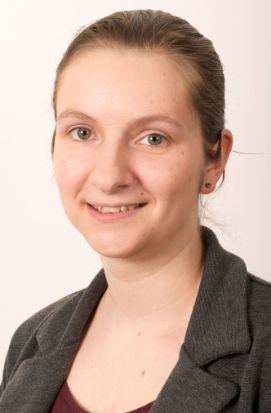About the thesis:
Online interactions such as comments, likes or clicks may seem insignificant. But taken together, they shape the way we talk about science. Small variations in how users engage with science online may result in different perceptions of scientific knowledge.
In times of global crises such as climate change or the coronavirus pandemic, many expect science and science communication to play a crucial role in finding answers and solutions. But when people find information on social media, they do not directly encounter journalists and traditional news editors. Instead, the role of selecting and presenting scientific information has been taken on by a combination of people, and algorithms.
Some researchers are optimistic that social media allow more direct contact between experts and the general public, while others worry about outdated, unverified, or incorrect information. But the online spaces investigated in this thesis fall in between: when people without professional science backgrounds talk about climate science or COVID-19, they create their own communities with local cultures, rules and agreements.
For example, the same piece of scientific information could be shared for political purposes by climate activists, linked for entertainment purposes or to satisfy an individual’s curiosity, or be banned by moderators elsewhere on the same platform.
Understanding these differences between online communities is important for users, platform management, and professional science communicators. For platform managers, attention to local community moderators could be an important complement to large-scale algorithmic content moderation. Professional science communicators can find relevant audiences and media formats by studying each community’s norms. And finally, awareness of where information has travelled from or to, can help us all to make better decisions about what to post, like, comment, ignore, or share online.
